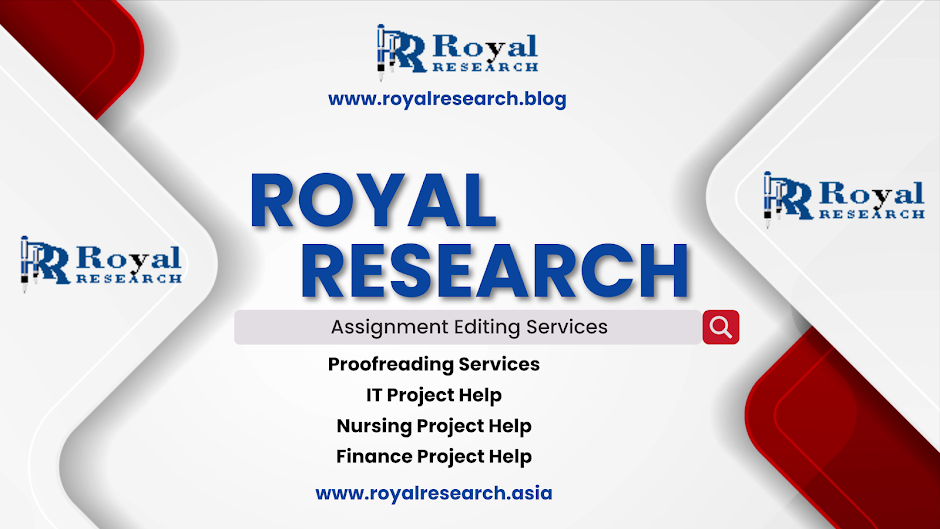This paper examines the phenomenon of business sustainability within the context of the increasing focus on environmental stewardship and social accountability. At Royal Research, being a company offering academic content writing services, our focus is on how sustainable business practices are instrumental in the management of the future business environment. In this edition, let us together explore the world and meaning of sustainability and its opportunities and threats for the companies looking to strike a balance between the profit and the planet.
The Imperative of Sustainability:
Sustainable business practices refer to the integration of economic development, environmental concerns, and social responsibility. It is the process of achieving sustainable financial success by generating and increasing stakeholder value without harming the environment and society in the long term. When speaking of climate change, declining resources, and social injustice, businesses are now expected to be actively involved in finding solutions to these problems.Navigating the Complex Terrain:
Thus, sustainability is not an easy goal to accomplish. Many firms in this traditional business approach focus on the immediate financial profits rather than the future impact on the natural environment, workforce, and community. Nonetheless, increasing literature shows that businesses cannot continue to exist in isolation, without regard to the environment and the society in which they operate. They must embark on sustainable development strategies and ensure that sustainability is well incorporated into the business’s key functions.Case Study: Transcending to the Light of Sustainable Achievement
Now, let us discuss this concept in more details using an example within commerce and management, one of our areas of specialization at Royal Research. Suppose there is a MNC which recently has been receiving pressure from various stakeholders to take action on environmental impact as well as other issues of ethical sourcing. Implemented sustainable supply chain management practices, developing renewable energy projects, and engaging stakeholders in open dialogue not only helped to avoid risks but also create new value and business opportunities.FAQs:
What is sustainable business? Sustainability management is defined as action and measures that can be adopted to reduce the impact on the environment, operate responsibly in respect to the society, and in the same time, guarantee the stability and profitability of the business in the long run.What are the reasons to make sustainability a priority for businesses? Implementing sustainable practices does more than enable companies to avoid potential negative effects of environmental degradation and social unrest, but also helps to build brand value, improve stakeholder credibility, and reveal new business opportunities for product differentiation.
What strategies can companies adopt in an effort to ensure they generate both profit and positive impact? It is possible for businesses to make profit and do the right thing by incorporating sustainability into their operations, promoting circular economy, recognizing stakeholders and involving technology into the processes.
Several examples of sustainable business practices include: Such measures may encompass using renewable energy, reusing and recycling, maintaining fair employment standards, sourcing from local producers and suppliers, and managing the supply chain consciously.








